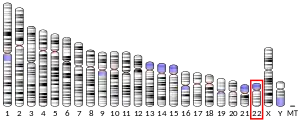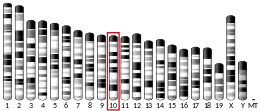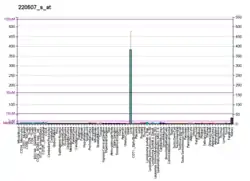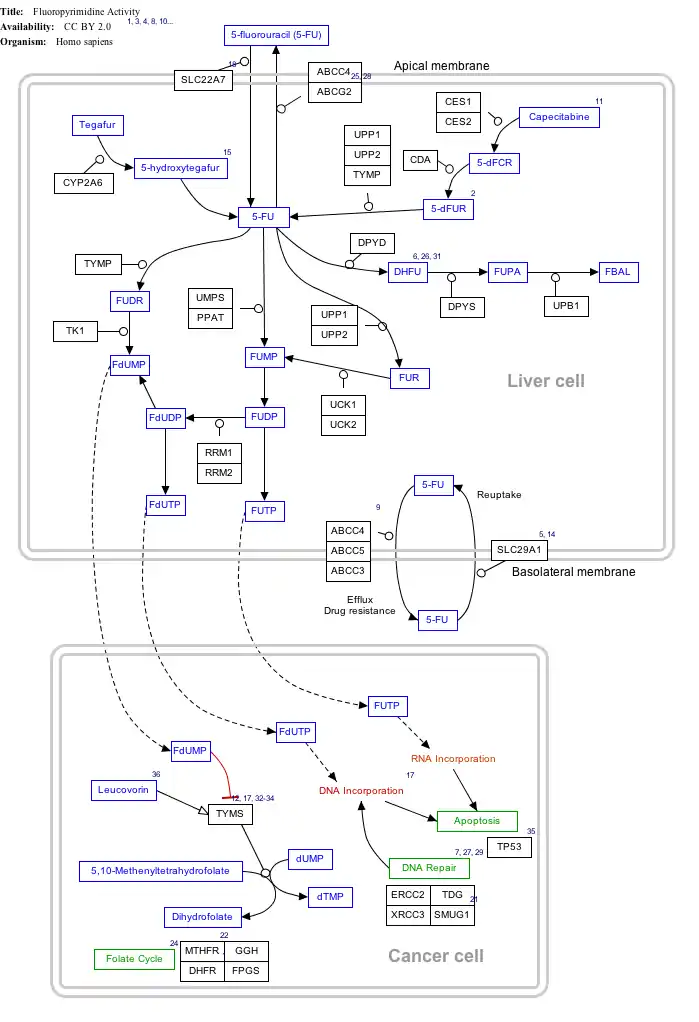| UPB1 | |||||||||||||||||||||||||||||||||||||||||||||||||||
|---|---|---|---|---|---|---|---|---|---|---|---|---|---|---|---|---|---|---|---|---|---|---|---|---|---|---|---|---|---|---|---|---|---|---|---|---|---|---|---|---|---|---|---|---|---|---|---|---|---|---|---|
| Identifiers | |||||||||||||||||||||||||||||||||||||||||||||||||||
| Aliases | UPB1, BUP1, beta-ureidopropionase 1 | ||||||||||||||||||||||||||||||||||||||||||||||||||
| External IDs | OMIM: 606673 MGI: 2143535 HomoloGene: 9471 GeneCards: UPB1 | ||||||||||||||||||||||||||||||||||||||||||||||||||
| |||||||||||||||||||||||||||||||||||||||||||||||||||
| |||||||||||||||||||||||||||||||||||||||||||||||||||
| |||||||||||||||||||||||||||||||||||||||||||||||||||
| |||||||||||||||||||||||||||||||||||||||||||||||||||
| |||||||||||||||||||||||||||||||||||||||||||||||||||
| Wikidata | |||||||||||||||||||||||||||||||||||||||||||||||||||
| |||||||||||||||||||||||||||||||||||||||||||||||||||
Beta-ureidopropionase is an enzyme that in humans is encoded by the UPB1 gene.[5][6]
This gene encodes a protein that belongs to the CN hydrolase family. Beta-ureidopropionase catalyzes the last step in the pyrimidine degradation pathway. The pyrimidine bases uracil and thymine are degraded via the consecutive action of dihydropyrimidine dehydrogenase (DHPDH), dihydropyrimidinase (DHP) and beta-ureidopropionase (UP) to beta-alanine and beta-aminoisobutyric acid, respectively. UP deficiencies are associated with N-carbamyl-beta-amino aciduria and may lead to abnormalities in neurological activity.[6]
Interactive pathway map
Click on genes, proteins and metabolites below to link to respective articles.[§ 1]
Fluorouracil (5-FU) Activity edit
- ↑ The interactive pathway map can be edited at WikiPathways: "FluoropyrimidineActivity_WP1601".
References
- 1 2 3 GRCh38: Ensembl release 89: ENSG00000100024 - Ensembl, May 2017
- 1 2 3 GRCm38: Ensembl release 89: ENSMUSG00000033427 - Ensembl, May 2017
- ↑ "Human PubMed Reference:". National Center for Biotechnology Information, U.S. National Library of Medicine.
- ↑ "Mouse PubMed Reference:". National Center for Biotechnology Information, U.S. National Library of Medicine.
- ↑ Vreken P, van Kuilenburg AB, Hamajima N, Meinsma R, van Lenthe H, Gohlich-Ratmann G, Assmann BE, Wevers RA, van Gennip AH (Dec 1999). "cDNA cloning, genomic structure and chromosomal localization of the human BUP-1 gene encoding beta-ureidopropionase". Biochim Biophys Acta. 1447 (2–3): 251–7. doi:10.1016/s0167-4781(99)00182-7. PMID 10542323.
- 1 2 "Entrez Gene: UPB1 ureidopropionase, beta".
Further reading
- Thomas HR, Ezzeldin HH, Guarcello V, et al. (2008). "Genetic regulation of beta-ureidopropionase and its possible implication in altered uracil catabolism". Pharmacogenet. Genomics. 18 (1): 25–35. doi:10.1097/FPC.0b013e3282f2f134. PMID 18216719. S2CID 10940058.
- Thomas HR, Ezzeldin HH, Guarcello V, et al. (2008). "Genetic regulation of dihydropyrimidinase and its possible implication in altered uracil catabolism". Pharmacogenet. Genomics. 17 (11): 973–87. doi:10.1097/FPC.0b013e3282f01788. PMID 18075467. S2CID 23490646.
- van Kuilenburg AB, Meinsma R, Assman B, et al. (2007). "Genetic analysis of the first 4 patients with beta-ureidopropionase deficiency". Nucleosides Nucleotides Nucleic Acids. 25 (9–11): 1093–8. doi:10.1080/15257770600956870. PMID 17065070. S2CID 34904943.
- Collins JE, Wright CL, Edwards CA, et al. (2005). "A genome annotation-driven approach to cloning the human ORFeome". Genome Biol. 5 (10): R84. doi:10.1186/gb-2004-5-10-r84. PMC 545604. PMID 15461802.
- van Kuilenburg AB, Meinsma R, Beke E, et al. (2006). "beta-Ureidopropionase deficiency: an inborn error of pyrimidine degradation associated with neurological abnormalities". Hum. Mol. Genet. 13 (22): 2793–801. doi:10.1093/hmg/ddh303. PMID 15385443.
- Ota T, Suzuki Y, Nishikawa T, et al. (2004). "Complete sequencing and characterization of 21,243 full-length human cDNAs". Nat. Genet. 36 (1): 40–5. doi:10.1038/ng1285. PMID 14702039.
- Strausberg RL, Feingold EA, Grouse LH, et al. (2003). "Generation and initial analysis of more than 15,000 full-length human and mouse cDNA sequences". Proc. Natl. Acad. Sci. U.S.A. 99 (26): 16899–903. Bibcode:2002PNAS...9916899M. doi:10.1073/pnas.242603899. PMC 139241. PMID 12477932.
- Sakamoto T, Sakata SF, Matsuda K, et al. (2002). "Expression and properties of human liver beta-ureidopropionase". J. Nutr. Sci. Vitaminol. 47 (2): 132–8. doi:10.3177/jnsv.47.132. PMID 11508704.
- Naguib FN, el Kouni MH, Cha S (1985). "Enzymes of uracil catabolism in normal and neoplastic human tissues". Cancer Res. 45 (11 Pt 1): 5405–12. PMID 3931905.
This article is issued from Wikipedia. The text is licensed under Creative Commons - Attribution - Sharealike. Additional terms may apply for the media files.





